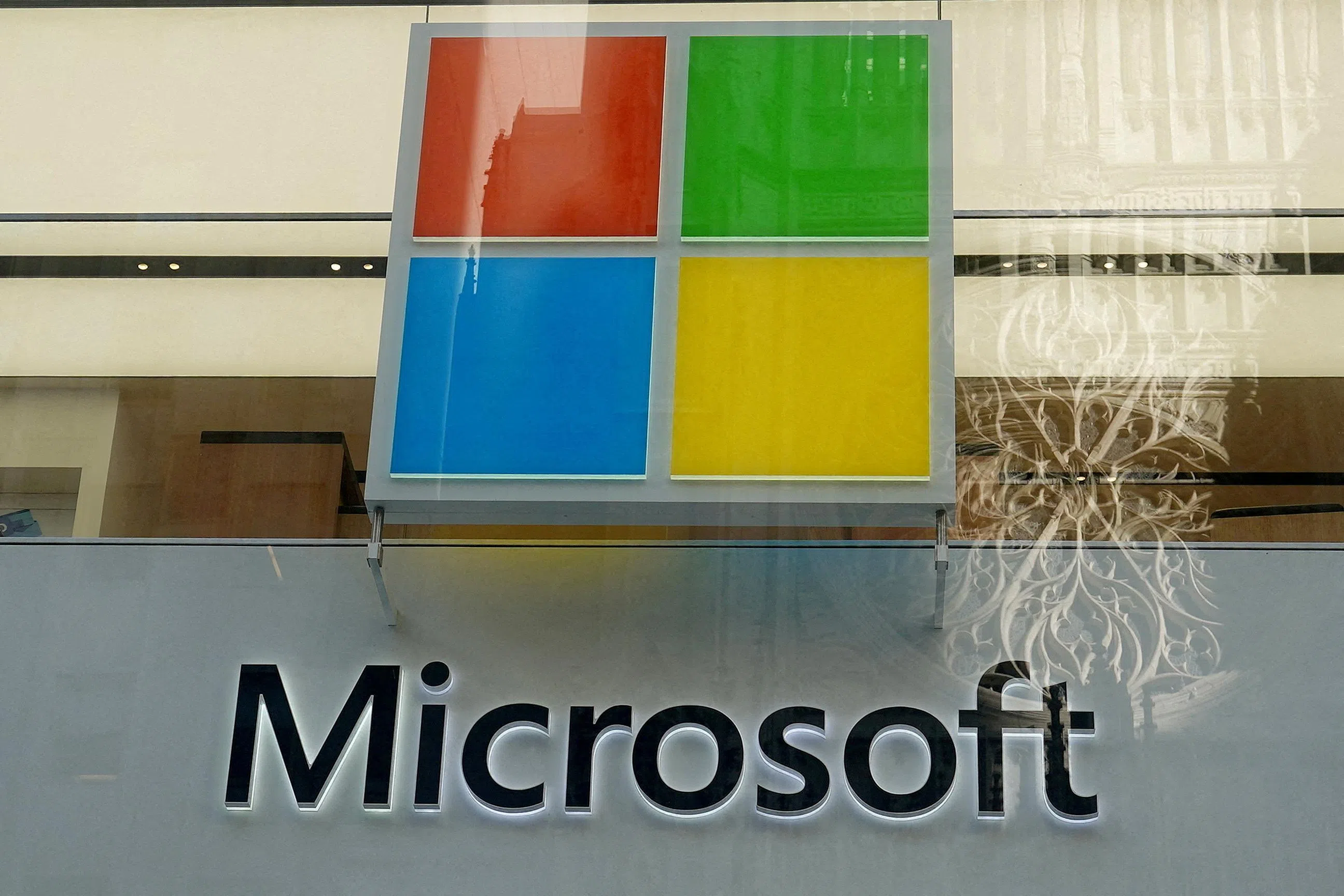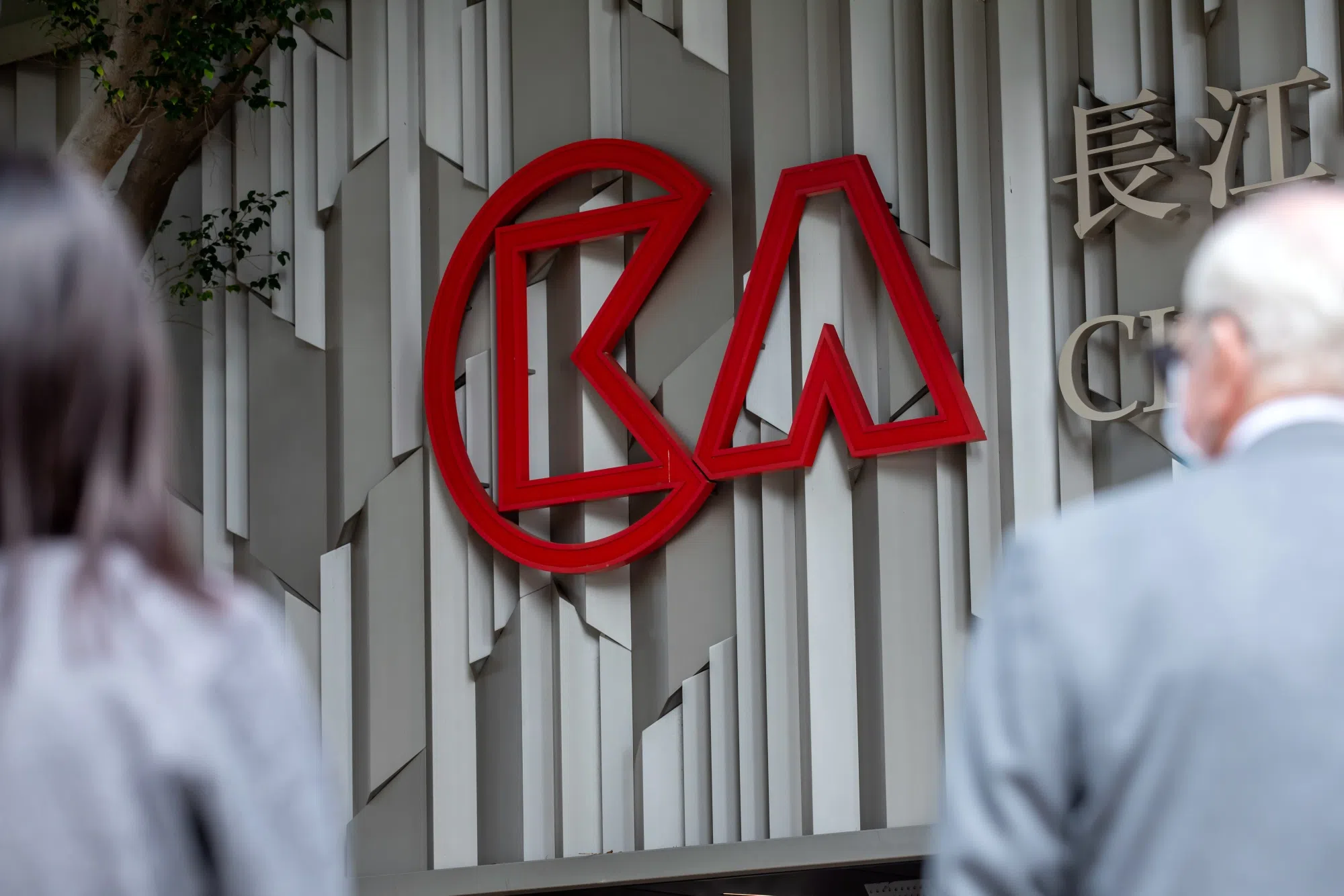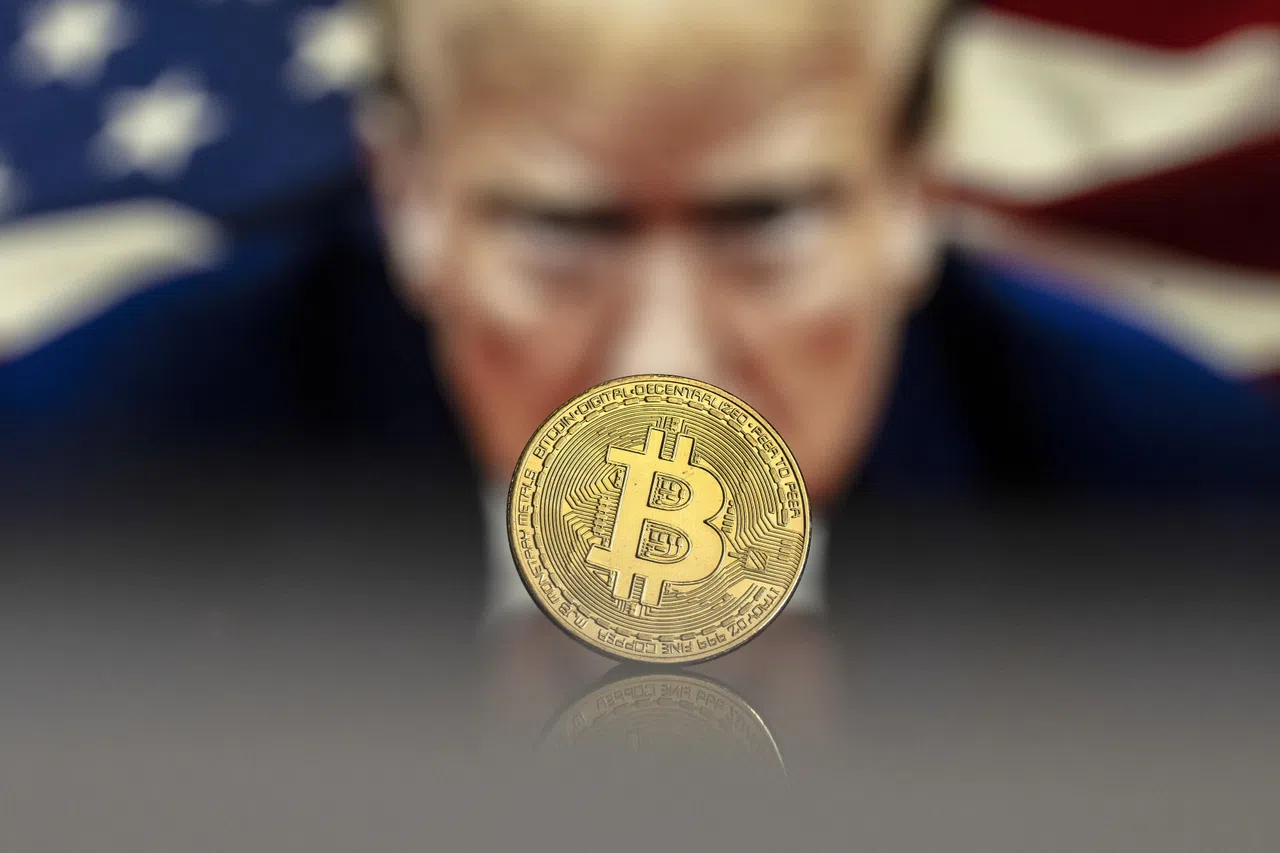BANK of England (BOE) governor Andrew Bailey is suppressing a critical debate about where interest rates will settle in a move that may sow confusion about the stance of monetary policy, former BOE policymaker Gertjan Vlieghe said.
BOE rate-setters “need to take a view” on when to stop cutting rates, Vlieghe said. The neutral level, known as r*, is the point at which policy is no longer squeezing out growth, nor stimulating the economy. Borrowing costs have been cut to 4.75 per cent from 5.25 per cent and markets expect them to be 4 per cent by the end of 2025.
Vlieghe, an external member of the Monetary Policy Committee between 2015 and 2021 who now works at hedge fund Millennium, said the debate about when to stop should be brought into the open.
“These are really productive debates to have and by saying ‘we mustn’t talk about r*, we must be quiet’, we are suppressing that whole debate,” he said. “We are allowing people to get away with potentially one committee member thinking it’s zero, and another committee member thinking it’s four, and not having a discussion between the two. That’s a huge missed opportunity.”
Vlieghe, who stressed he was speaking in a personal capacity, was addressing the BOE Watchers Conference in London on Monday (Nov 25), where he also attacked Bailey’s communication efforts during the inflation shock two years ago. The governor complicated the task by failing to communicate clearly, he said.
“The main message should have been that the bank has the necessary tools to bring inflation back to target. Instead, other messages ended up distracting from this point. We heard, and I quote, that the bank was powerless in the face of energy-price shocks and workers should not ask for pay increases, and that the forecast models have let us down,” Vliege said.
BT in your inbox
Start and end each day with the latest news stories and analyses delivered straight to your inbox.
“This risks sounding like blame-shifting, when what’s needed is reassurance that no matter how far inflation gets knocked off course, the bank will get it back to 2 per cent.”
The BOE came under intense political pressure during the crisis, which saw consumer-price growth hit 11.1 per cent at its peak. Bailey told lawmakers under questioning in May 2022 that people should “think and reflect” before asking for pay rises and said there was “not a lot we can do” about soaring energy prices.
Simple communication
Vlieghe said Bailey should have kept communication simple and pushed back against the criticisms more forcefully. “I did not hear an aggressive and systematic rebuttal to this point. The fact that inflation moving away from the target following a large unexpected shock is not a sign of failure,” he said.
“You don’t judge the quality of your captain by how much he is thrown off course during a storm. You judge him by his ability to correct this course and reach the intended destination.”
The bank is now in the process of ripping up its forecasting model, which was found to be unfit for purpose in a review earlier this year by former Federal Reserve chair Ben Bernanke.
Vlieghe said the BOE’s errors were not necessarily due to failures in the model and that the bank had failed to produce a fair analysis of any shortfalls in the modelling process.
Models are not supposed to predict unexpected events but to predict the economy conditional on those circumstances, he said. The bank should have re-run the models assuming the energy and supply-chain shocks that happened, like the European Central Bank (ECB), he added.
The ECB did capture much of the inflation shock after re-running its models using subsequent events, Vlieghe said. “The idea that there was a pain-free option available, that inflation could have been prevented without crushing the economy, does not stand up to scrutiny.” BLOOMBERG







